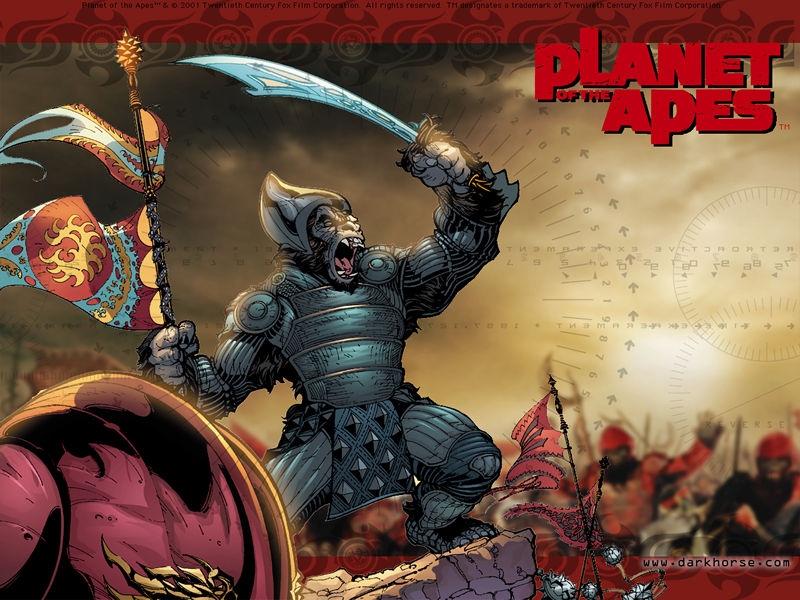- Jan 10, 2010
- 37,279
- 8,500
- Country
- United States
- Faith
- Non-Denom
- Marital Status
- Married
- Politics
- US-Others
Does the writer of Hebrews' interpretation of Cain and Abel tell you that Adam and Eve were historical or that the story of their fall, the garden and the snake is told literally literal? The other problem is the writer of Hebrew was heavily into the allegorical significance of the Torah, a shadow of the good things to come instead of the true form of these realities Heb 10:1. It is good to look at how OT texts are interpreted and understood throughout the rest of the bible, but the foundation of our understanding of a text should be the text itself and what it meant to the writer and its original audience.
That's so weird that you acknowledge the actions and events documented that
took place among groups of people, then turn around and claim that Adam was not real.
If Adam was not real, why would anyone have to follow any laws?
Because of a Rocky & Bullwinkle story?
It is good to look at how OT texts are interpreted and understood throughout the rest of the bible,
1 Corinthians 15:45 So it is written: "The first man Adam became a living
being"; the last Adam, a life-giving spirit. ...
Jude 1:14 Enoch, the seventh from Adam, prophesied about these men ...
Luke 3:38 the son of Enosh, the son of Seth, the son of Adam, the son of God. ...
1 Chronicles 1:1 Adam, Seth, Enosh,
1 Timothy 2:14 And Adam was not the one deceived; it was the woman who was deceived and became a sinner. ...
1 Corinthians 15:22 For as in Adam all die, so in Christ all will be made alive.
Genesis 5:1 This is the written account of Adam's line. This is the written account of Adam's line. When God created man, he made him in the likeness of God.
Genesis 4:25 Adam lay with his wife again, and she gave birth to a son and named him Seth, saying, "God has granted me another child in place of Abel, since Cain killed him ...
Genesis 5:3 When Adam had lived 130 years, he had a son in his own likeness, in his own image; and he named him Seth. ...
Genesis 5:4 After Seth was born, Adam lived 800 years and had other sons and daughters. .
Genesis 5:5 Altogether, Adam lived 930 years, and then he died. ...
Genesis 3:21 The LORD God made garments of skin for Adam and his wife and clothed them. ... And the LORD God made clothing from animal skins for Adam and his wife.
Last edited:
Upvote
0



